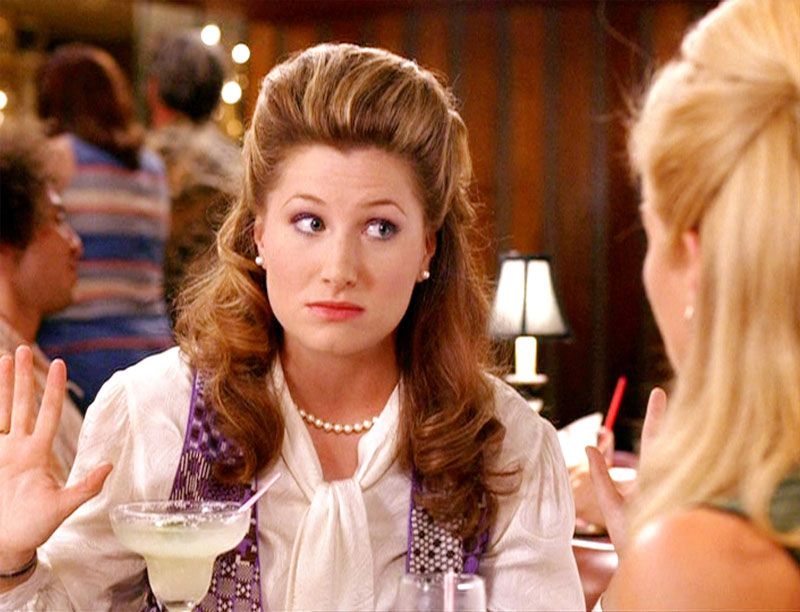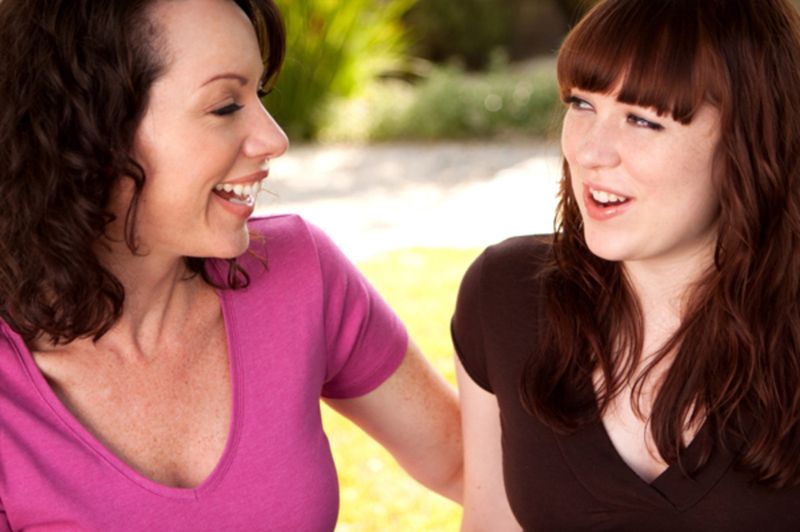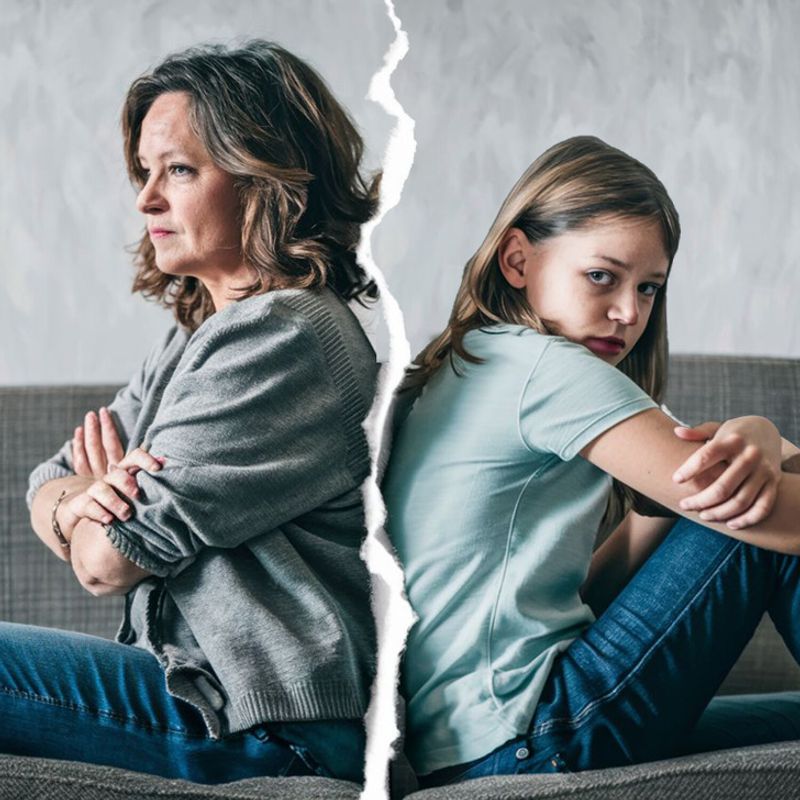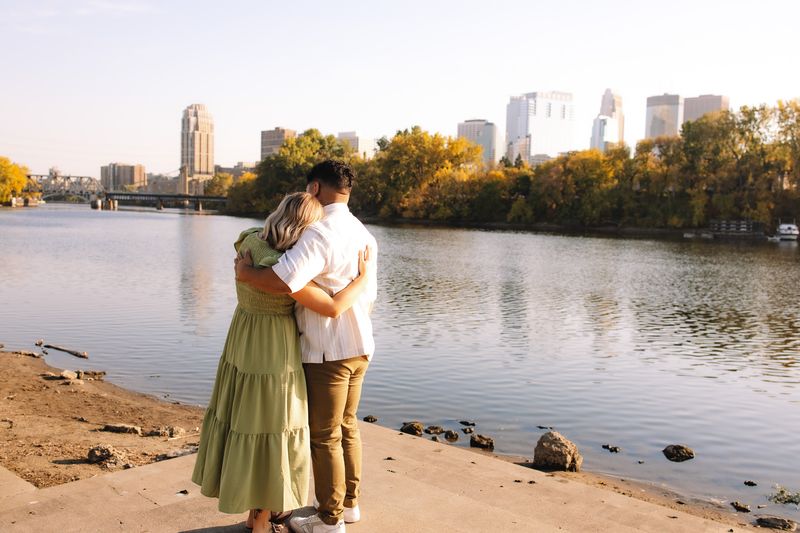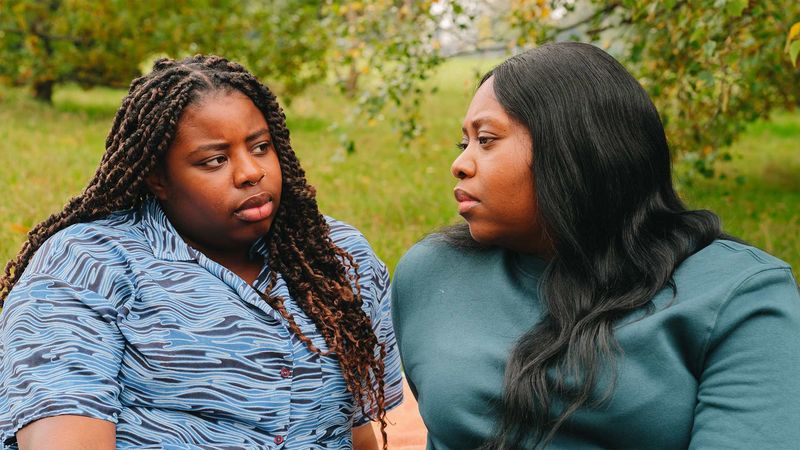If you grew up navigating the wild rollercoaster of split households, extra toothbrushes, and the occasional awkward family event, congratulations—you’re part of a very special club.
And while nobody hands out sashes for surviving parental divorce, you’ve probably collected a grab bag of personality quirks, emotional instincts, and life skills that people with two-still-married parents would never understand. (Seriously, they just don’t get the musical-chairs-of-holidays thing.)
But here’s the real plot twist: the things you picked up along the way aren’t just random. Psychologists say that adults who grew up with divorced parents often share certain traits. Some are funny, some are a little raw, but most of them are proof that you’ve learned to live—and love—differently.
Ready to see your story in a list that finally feels like it gets you? Let’s get started…
1. You Trust Like a Cat—Cautiously, and Only After Snacks
Remember how you used to take everyone’s word at face value, like, “Of course I’ll pick you up at five!” Now, you do trust—eventually. But it’s the kind of trust that needs to be earned, like giving a cat a treat and waiting to see if it’ll actually sit on your lap.
You’ve learned that people are complicated, promises sometimes expire, and it’s okay to be a little hesitant at first. This isn’t cynicism; it’s a finely tuned radar for authenticity that you developed by watching how quickly things could change at home.
Instead of feeling guilty about your slower pace, you now wear it as armor. If someone wants to get close, they’ll have to pass your “trust, but verify” vibe check. You’re not cold—you’re just done letting people borrow your heart without collateral. And isn’t that a relief?
2. You’re a Master at Packing Light (Emotional Baggage Optional)
Once upon a time, you felt compelled to lug every emotional carry-on from one parent’s house to the other—one bag for clothes, one for feelings. These days, you’re a pro at streamlining. Suitcase too heavy? You ditch what doesn’t serve you, emotionally and literally.
Your ability to let go of what’s not essential isn’t just about moving apartments. You’ve learned to drop expectations, obligations, and guilt that don’t fit your current life. Minimalism? Please—you were Marie Kondo before it was cool.
Now, when a relationship or situation gets too “heavy,” you know how to step back and ask: do I really need to carry this? Turns out, you don’t. There’s power in traveling light—especially when the trip is your own life.
3. You Spot Red Flags Before They’re Even Waved
Some people walk into bad situations like they’ve never seen a warning sign. Not you. You’re the friend who can sniff out drama, commitment problems, or emotional unavailability from ten paces away—maybe twelve on a good day.
It’s not paranoia; it’s instinct. Years of watching grown-ups fumble their way through disagreements gave you a sixth sense for when something’s off. You see the patterns, the subtle eye rolls, the way someone’s tone changes when you ask about their ex.
And while this superpower can be exhausting, it’s also freeing. You no longer feel obligated to ignore your gut. Instead, you trust yourself to step away—or at least ask the awkward question—before anyone can hand you a hand-me-down heartbreak.
4. You’ve Retired from the Role of Family Mediator
If you were once the resident peacekeeper, always smoothing over tension between warring camps, you know how exhausting that gig was. Nowadays, you’ve hung up your imaginary referee jersey for good.
Instead of rushing to “fix” everyone else’s emotional messes, you’ve realized it’s not your job to make everyone get along. You honor your own boundaries and let adults handle their own stuff—even if it means letting a little awkward silence settle in.
Sure, there’s still a part of you that craves harmony, but you’ve earned the right to walk away from drama. Your serenity is no longer up for negotiation, and honestly, your mental health has never been better.
5. You’re a Relationship Myth-Buster (Sorry, Rom-Coms)
Once, you might have believed every love story needed to look like a movie ending. Now, you know that real relationships are more “messy kitchen” than “rain-soaked reunion.” You’ve seen firsthand how “happily ever after” sometimes involves compromise and growth—or, yeah, a parting of ways.
That doesn’t make you jaded; it makes you a realist with a sense of humor. You celebrate love, but you’re not setting yourself up for disappointment by chasing impossible storylines. You know what’s worth fighting for, and what’s just Hollywood fog.
Relationships aren’t meant to be perfect, and neither are you. If anything, you’ve learned that the best stories have a few plot twists—and, often, a hilarious outtake reel. You don’t need a fairy tale; you just want the truth.
6. You’ve Ditched the Fear That Your Happiness is Temporary
When you’re used to things falling apart, it’s easy to believe happiness comes with an expiration date. But somewhere along the line, you realized it’s okay to enjoy the good stuff—without waiting for the other shoe to drop.
This shift is huge. You don’t sabotage joyful moments by preparing for disaster. Instead, you soak them in, knowing that every high and low is just part of your story, not a sign that everything’s fragile.
You’ve stopped holding your breath during calm seas. Joy feels safer now. You know you deserve it, even if it took you a while to believe it.
7. You’re the CEO of Your Own Boundaries
Boundary setting used to feel like asking for an extra scoop of ice cream—something you wanted, but felt weirdly guilty about. Now, you draw the line and stick to it, no explanations required.
After years of being asked to play nice, compromise, or “just do it for the family,” you’ve learned that you get to decide what’s okay for you. You don’t let guilt dictate your plans, and you’re not afraid to say no.
This doesn’t mean you’re rigid. It means you finally know your limits, and you respect yourself enough to enforce them. People who can’t handle your boundaries? Not your problem.
8. You’ve Kissed People-Pleasing Goodbye (Mostly)
Remember when you said yes to everything, just to keep the peace? Yeah, you’re done with that. You know now that you can’t please everyone—and honestly, why waste your time trying?
The urge to make everyone happy still pops up now and then, but you catch yourself. You check in with your own needs first, and that’s a big deal. You’ve realized that your happiness isn’t a group project.
Sometimes, people don’t love your choices. That’s okay. Your life isn’t a customer service hotline, and you no longer owe anyone an explanation for living it your way.
9. You’ve Become a Pro at Reading the Room
You used to scan for signs of trouble—tense shoulders, loaded silences, fake smiles—just to stay one step ahead. Now, this superpower works for you. You can walk into a room and know who needs a pep talk, who’s faking it, and who’s about to start a karaoke duel.
This isn’t hyper-vigilance; it’s emotional intelligence on steroids. You’ve become the friend who knows when to crack a joke and when to hand someone a tissue. People trust you because you get what’s going on even when nobody says a word.
And, best of all, you’ve learned that you don’t have to fix it all. Noticing is enough. You can read the room and still choose your part in the story.
10. You’re Selective About Who Gets a Front Row Seat in Your Life
Maybe you used to feel like you had to let everyone in—family, friends, plus-ones, their plus-ones. Now? You curate your inner circle like a playlist for a road trip: only the best vibes allowed.
Your standards aren’t impossibly high, but you’re choosy. You notice who actually shows up, who brings drama, and who leaves you feeling drained. You invest in the people who treat you with respect and kindness, not just the ones who share your DNA.
This is your life, not an open mic night. If someone wants a front row seat, they’d better bring snacks, good conversation, and a little emotional maturity.
11. You’ve Learned the Art of Independence (With a Side of Sarcasm)
Did you learn to make your own dinner at age eight? Maybe you bounced between houses, schools, or cities. Independence wasn’t a choice—it was a survival skill.
Now, you’re the person who knows how to fix a leaky faucet, file their own taxes, and assemble a bookshelf solo. You’ve got a sense of humor about it, too, because let’s face it: nothing bonds a person to their own resourcefulness like realizing nobody else is coming to rescue you.
You’re proud of your ability to navigate life’s chaos. If you need help, you’ll ask—but you know you’ll be okay if you have to figure it out yourself. Cue the triumphant montage music.
12. You’re Fluent in Emotional Nuance (and Maybe Sarcasm)
Maybe you used to hide your feelings to avoid “making things worse.” Now, you’re fluent in the subtle art of emotional nuance. You know when someone’s “I’m fine” means “absolutely not fine,” and your sarcasm game is Olympic level.
This skill didn’t come from nowhere. You learned to listen between the lines, notice what isn’t being said, and respond with empathy or a perfectly timed joke. It’s your emotional Swiss Army knife, and you wield it with style.
Your friends count on you for real talk and zero judgment. You just get it—sometimes, a well-placed eye roll says more than a therapy session.
13. You’ve Lost the Need to Explain Yourself (to Anyone)
There was a time when you explained every choice—why you skipped Thanksgiving, why you double-checked plans, why you felt the way you did. Not anymore. You’ve stopped justifying, and it feels like a superpower.
You no longer crave validation from people who don’t understand your path. You trust your own decisions, quirks, even your oddball hobbies. If someone’s confused, that’s their business, not yours.
Living for yourself doesn’t mean you’re selfish. It means you’re finally the lead in your own story, and you don’t owe the audience a play-by-play.
14. You’re Cautiously Hopeful About Love (and That’s Not a Bad Thing)
Maybe you used to expect every relationship to crash and burn, or you held back so you wouldn’t get hurt. Now, you approach love with a little hope and a lot of self-awareness. You know risks exist, but you’re willing to take them anyway.
Your optimism isn’t naïve—it’s battle-tested. You’ve seen love’s ugly side, but you’ve also learned that hope is worth holding onto. You’re open, but you know how to protect your heart when you need to.
The truth is, you care more deeply now, not less. You believe in love, but you don’t expect it to fix everything. And honestly? That makes the hope feel even sweeter.
15. You’ve Stopped Trying to Be the Glue
If you once felt responsible for keeping everyone together, you’ve officially retired from being “the glue.” You no longer try to mend family fractures or single-handedly stage manage reunions.
This freedom didn’t come easy. It took time to accept that relationships aren’t your job to fix, and sometimes, letting go is the healthiest choice of all. You can love your people, but you’re allowed to walk away from chaos.
You focus on what you can control—your own peace, your own happiness—and let everyone else sort themselves out. It’s liberating, honestly. Who knew glue-free living could feel this good?
16. You’ve Developed Mean Resilience (Without Losing Your Humor)
Growing up in two worlds taught you how to adapt, pivot, and bounce back. When life throws curveballs, you’re more likely to laugh than panic. Your resilience isn’t just about surviving—it’s about finding the punchline in tough situations.
Every time you had to adjust to a new schedule, face a holiday shakeup, or navigate awkward family conversations, you gained strength. Now, you handle setbacks with a wink and a grin. People admire your ability to stay positive, even in chaos.
Your resilience isn’t a shield—it’s a badge you wear proudly. You’ve earned it, and you make it look good. Who says emotional growth can’t come with a side of wit?
17. You Know the Value of Chosen Family
Maybe your family tree has a few missing branches. But that’s okay—you’ve mastered the art of choosing your own tribe. You celebrate the people who show up for you, even if they’re not connected by blood.
Your chosen family is made up of friends, mentors, and “honorary relatives” who make life richer. You invest in relationships that are reciprocal, supportive, and just a little weird—because you know real connection is all about effort, not obligation.
Blood isn’t the only thing that makes a family. You know this deeply, and you cherish the people you choose. That’s something to be proud of, every single day.






